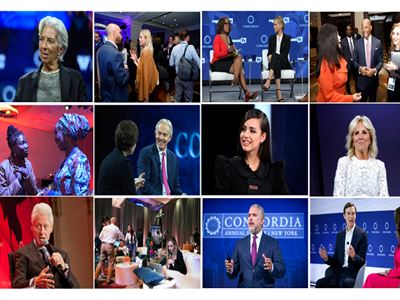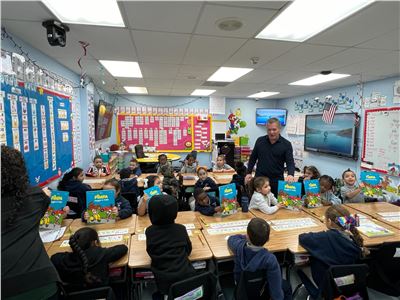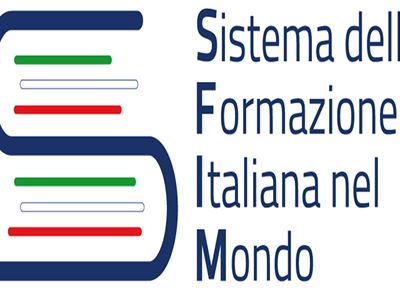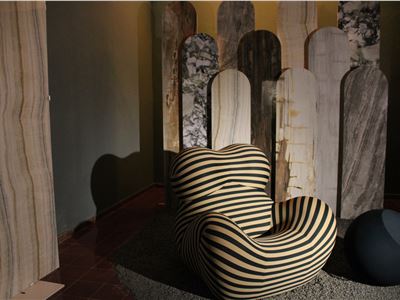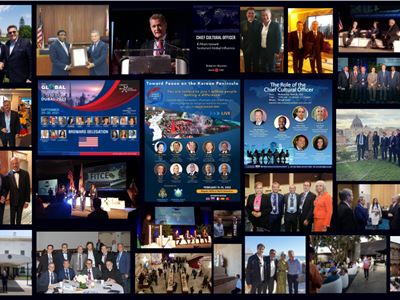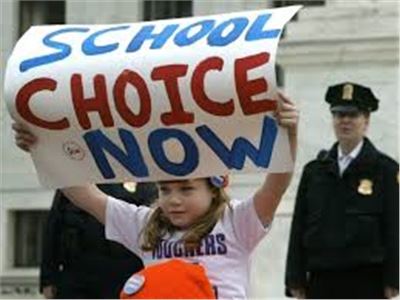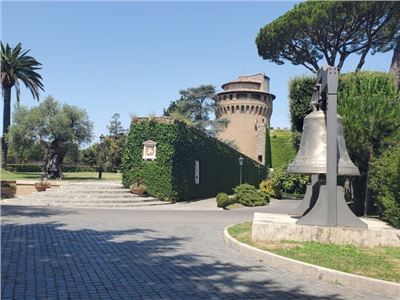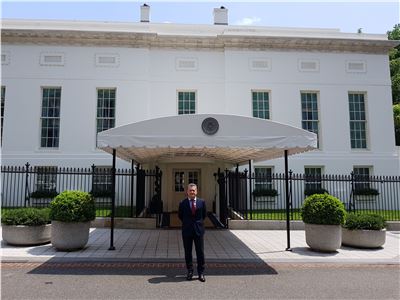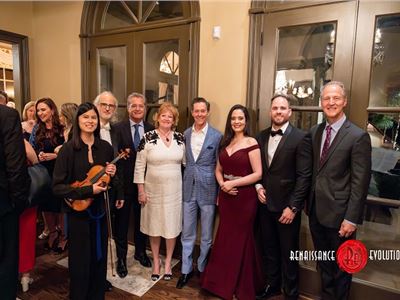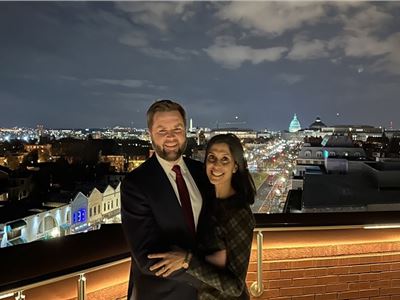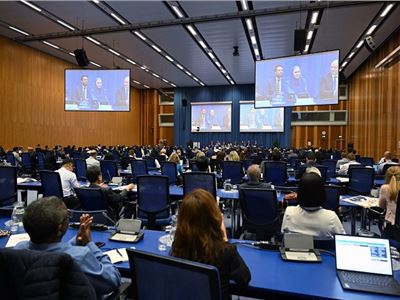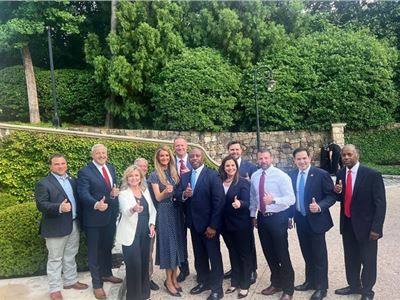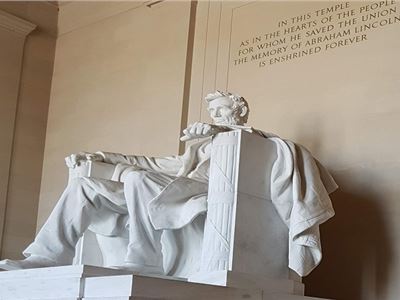COVID-19 poses a different type of threat for victims of domestic violence. While the nation has been following public health instructions to stay home to stay safe, a “stay-at-home order” can be terrifying for many victims of domestic violence and sometimes a death sentence.
While each community works to create the best safety net for their residents who are victims of domestic violence, OVW supports the coalitions of domestic violence service providers nationwide to stitch together the resources in what becomes a patchwork quilt providing both safety and comfort to victims of domestic violence.
The coalitions routinely join work together to share ideas about how to better serve victims and keep survivors safe. During the pandemic, these front-line domestic violence advocates had to be even more creative than usual to help survivors while keeping themselves and their own families safe from COVID.
In this week’s episode of OVW’s podcast, called Patchwork which honors the diversity that is bound together through deep caring for people in need, we talk to one of the “chief comforters,” Deborah DeBare.
DeBare is the Senior Deputy Director of the National Network to End Domestic Violence (NNEDV), a national membership organization that represents state domestic violence coalitions. Deb began her journey to comfort others as a volunteer at a battered women's shelter when she was in college. Now she ensures that NNEDV keeps good communication channels open across the field so that there’s a two-way flow of information within the community of practice which includes government, volunteers, tribes, rural areas, major metropolitan areas and more.
The challenges are diverse and complex. In Alaska, transportation is challenging when flights that provide a lifeline to remote communities have been cancelled due to COVID. In big cities, densely populated shelters have required new approaches to keeping families safely distanced to prevent the spread of disease while cleaning the facilities has to be done differently. As some courts have closed, protective orders have had to be issued without the typical requirement that a victim appear in person. Counselors accustomed to helping survivors face-to-face have had to learn to provide virtual support when their client often was in the same home as the abuser.
As DeBare says in this week’s episode, many lessons have been learned from the COVID-19 experience and she says that the community of comforters and helpers is as resilient as the survivors they assist in finding safety.
All of us at OVW are tremendously proud to help DeBare and her colleagues do their vital work.
As you listen, please know there are things you can do to help in your community.
If you know someone who's in an abusive relationship, the most important thing to do is to reach out to them and let them know that you're supportive and that help is available. And there may be ways you can help raise awareness about domestic violence and to be part of the solution in your community. You can find your local coalition on our webpage. Feel free to tell them that OVW sent you.
- Tags: domestic violence
- Categories: Parents Women Government News



